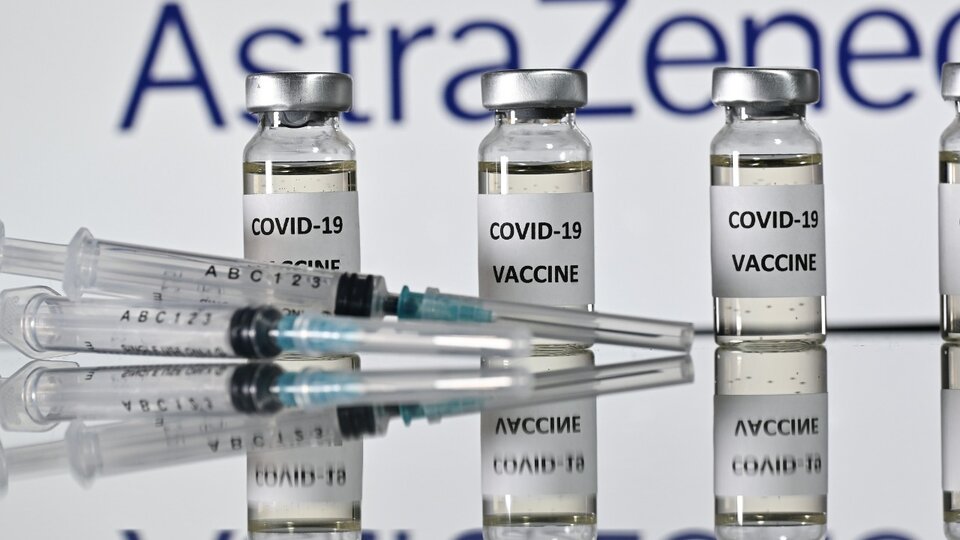gracielle
Registered
- Joined
- Jun 6, 2005
- Messages
- 3,754
- Likes
- 3,100

GSK, CureVac team up to develop vaccine against COVID-19 variants
Britain's GlaxoSmithKline and German biotech firm CureVac have teamed up in a 150 million euro ($180 million) deal to develop a COVID-19 vaccine from next year that could target several variants with one shot.

Recovered COVID patients likely protected for at least six months, study finds
Almost all people previously infected with COVID-19 have high levels of antibodies for at least six months that are likely to protect them from reinfection with the disease, results of a major UK study showed on Wednesday.






